If you are using Chrome, click the red hand button at the top right of the screen:

Then select: Don't run on pages on this site
If you do it correctly, the red hand will turn to green and you will no longer see this message.
I put this here is Romanian so I can translate it later.
Fragmente din:
Otilia HEDEŞAN
Feţele unei identităţi reinventate*
— Obiceiuri tradiţionale în Banat —
URL:
http://www.memoriabanatului.ro/index.php?page=studii/feele-unei-identiti-reinventate
"Indiferent, însă, de aceste posibile contextualizări şi emendări, punerea în relaţie a caracterizării – reper a lui Ehrler cu o lungă serie de alte informaţii (relativ) contemporane despre viaţa tradiţională a comunităţilor româneşti din Banat[5] permite reafirmarea pregnanţei principalelor credinţe şi obiceiuri regionale. Este suficient, cred, să amintesc că în aceeaşi perioadă Banatul, ca şi regiunile învecinate, a fost străbătut, de câteva ori, de un alt personaj remarcabil, doctorul vienez Georg Tallar, cel căruia îi datorăm unul dintre cele mai amănunţite inventare ale simptomatologiei cauzate, potrivit credinţelor românilor, de transformarea morţilor în strigoi şi, apoi, una dintre cele mai scrupuloase descrieri ale riturilor de apărare împotriva acestora[6]. Mă dezinteresez, aici, în mod deliberat, de mulţimea detaliilor consemnate şi de posibilele deschideri simbolice pe care fiecare dintre acestea le permite. Reţin, însă, ideea că la finalul secolului al XVIII-lea, un trimis special al Coroanei Habsburgice, cum era acest Tallar, putea transmite, prin intermediul unei cărţi – raport, o mărturie personală irefutabilă, dublată de o motivaţie intelectuală demnă de tot respectul, dincolo de care era camuflat acelaşi mesaj neliniştitor până la limita scandalosului: ‛în imediata apropiere a spaţiilor pe care suntem obişnuiţi să le străbatem, în acest Banat care a fost smuls de curând de sub stăpânire otomană, şi, mai exact, în satele românilor, se întâmplă lucruri cu totul ieşite din comun, stranii şi foarte greu de pus în caroiajul raţionalismului, dar în care oamenii de acolo cred cu un ataşament care atinge, uneori, paroxismul’[7]."
Nota 6
Visum repertum anatomico-chirurgicum oder Grundlicher Berlicht von den sogenannten Blutsaugern, Vampier, oder in der Wallachischen Sprache Moroi in der Wallachey, Siebenburgen und Banat, Viena – Lipsca, 1784; comentarii asupra subiectului la Marianne Mesnil – Assia Popova, Etnologul, între şarpe şi balaur, Eseuri de mitologie balcanică, Cuvânt înainte de Paul H. Stahl, Traducere de Ioana Both şi Ana Mihăilescu, Bucureşti, Paideia, 1997, p. 135 – 145 şi la Otilia Hedeşan, Şapte eseuri despre strigoi, Timişoara, Marineasa, 1998, p. 17 – 24.
Nota 7
Tallar „a avut de cinci ori ocazia de a studia vampirismul şi de trei ori a făcut autopsia cadavrelor: pentru întâia oară la Deva în 1724, a doua oară la Obârşia, în Muntenia, în 1728, a treia oară în trei localităţi din Banat, a patra şi a cincea oară tot în Ardeal. A asistat la exhumarea morţilor; pe doi dintre cei mai cunoscuţi moroi îi cunoscuse când erau încă în viaţă”; el a observat că vampirismul are un caracter sezonier, notând că „boala care îi loveşte pe valahi începe de obicei în ultimele două săptămâni ale Postului Crăciunului, se înrăutăţeşte către sfârşitul lui şi nu durează niciodată mai mult decât până la Sf. Gheorghe”. V. detalii la Valeriu Bologa, Raportul din 1756 al unui chirurg german despre credinţele românilor asupra moroilor, în „Anuarul Arhivei de Folklor”, Cluj, III, 1935, p. 161 – 162, passim.
~~~~~~~~~~~~~~~~~~~~~~~~
1784
Georg Tallar: Visum Repertum Anatomico-chirurgicum, oder, gründlicher Bericht von den sogenannten Blutsäugern, Vampier, oder in der wallachischen Sprache Moroi, in der Wallachey, Siebenbürgen, und Banat: Welchen eine Eigends dahin Abgeordnete Untersuchungskommission der Löbl. K. K. Administration im Jahre 1756 erstattet hat. Wien und Leipzig: bey Johann Georg Mößle, 1784.


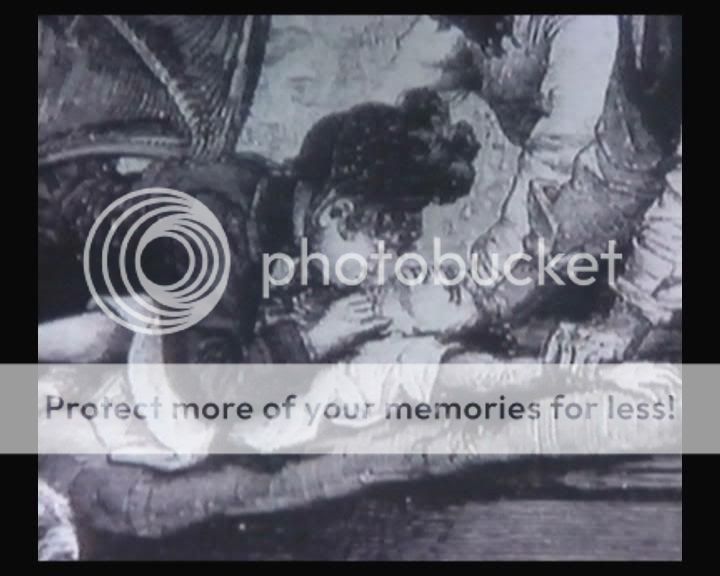

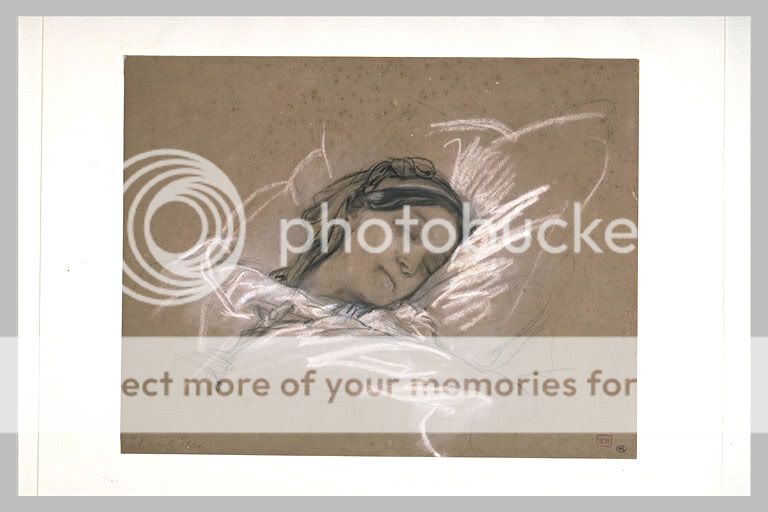
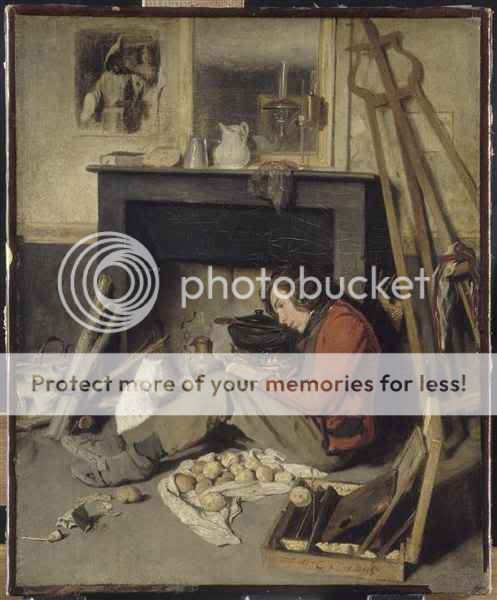
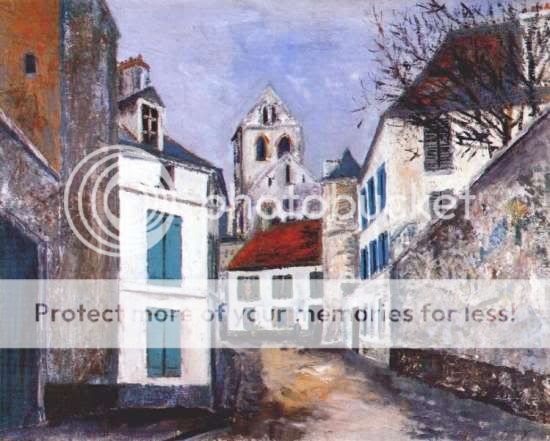
I have this from MO! Thank you sweetie!
Autumn Tea Recipe
* 12 Servings
* Prep/Total Time: 15 min.
Ingredients
* 5 individual tea bags
* 5 cups boiling water
* 5 cups unsweetened apple juice
* 2 cups cranberry juice
* 1/2 cup sugar
* 1/3 cup lemon juice
* 1/4 teaspoon pumpkin pie spice
Directions
* Place the tea bags in a large heat-proof bowl; add boiling water. Cover and steep for 8 minutes. Discard tea bags. Add the remaining ingredients to tea; stir until sugar is dissolve. Serve warm or over ice. Yield: 3 quarts.
Nutritional Analysis: One 1-cup serving (prepared with reduced-calorie cranberry juice and sugar substitute) equals 66 calories, trace fat (trace saturated fat), 0 cholesterol, 4 mg sodium, 17 g carbohydrate, trace fiber, trace protein. Diabetic Exchanges: 1 fruit.
COMMENTS
You're welcome! :) *Cheers!*
Hehe!
Sheers!
:P
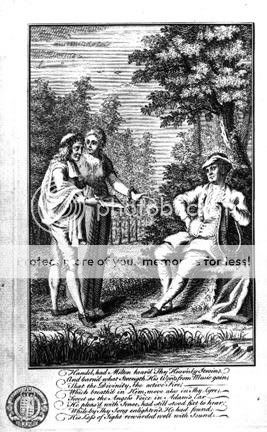
WE have in our Miskatonic University a special thread for cats entitled Ulthar.
Drakontion just published a wonderful poem dedicated to this fascinating creature.
I can only think at Baudelaire`s poem and present it t you
here:
Le Chat
Viens, mon beau chat, sur mon coeur amoureux;
Retiens les griffes de ta patte,
Et laisse-moi plonger dans tes beaux yeux,
Mêlés de métal et d'agate.
Lorsque mes doigts caressent à loisir
Ta tête et ton dos élastique,
Et que ma main s'enivre du plaisir
De palper ton corps électrique,
Je vois ma femme en esprit. Son regard,
Comme le tien, aimable bête
Profond et froid, coupe et fend comme un dard,
Et, des pieds jusques à la tête,
Un air subtil, un dangereux parfum
Nagent autour de son corps brun.
— Charles Baudelaire
The Cat
Come, superb cat, to my amorous heart;
Hold back the talons of your paws,
Let me gaze into your beautiful eyes
Of metal and agate.
When my fingers leisurely caress you,
Your head and your elastic back,
And when my hand tingles with the pleasure
Of feeling your electric body,
In spirit I see my woman. Her gaze
Like your own, amiable beast,
Profound and cold, cuts and cleaves like a dart,
And, from her head down to her feet,
A subtle air, a dangerous perfume
Floats about her dusky body.
— William Aggeler, The Flowers of Evil (Fresno, CA: Academy Library Guild, 1954)
The Cat
Come, my fine cat, against my loving heart;
Sheathe your sharp claws, and settle.
And let my eyes into your pupils dart
Where agate sparks with metal.
Now while my fingertips caress at leisure
Your head and wiry curves,
And that my hand's elated with the pleasure
Of your electric nerves,
I think about my woman — how her glances
Like yours, dear beast, deep-down
And cold, can cut and wound one as with lances;
Then, too, she has that vagrant
And subtle air of danger that makes fragrant
Her body, lithe and brown.
— Roy Campbell, Poems of Baudelaire (New York: Pantheon Books, 1952)
The Cat
My beautiful cat, come onto my heart full of love;
Hold back the claws of your paw,
And let me plunge into your adorable eyes
Mixed with metal and agate.
When my fingers lazily fondle
Your head and your elastic back,
And my hand gets drunk with the pleasure
Of feeling your electric body,
I see in spirit my personal lady. Her glance,
Like yours, dear creature,
Deep and cold, slits and splits like a dart,
And from her feet to her head,
A subtle atmosphere, a dangerous perfume,
Swim around her brown body.
— Geoffrey Wagner, Selected Poems of Charles Baudelaire (NY: Grove Press, 1974)
COMMENTS
it feels nice to read this entry with a cat on my lap.
*listening a purr*
thanks a lot for the magic. :)
*sits under the comment and purrs*
On the side of the bull
by Marin Sorescu
You could impale nobody with your horns,
My friend bull that will die in twenty minutes.
Exactly in twenty minutes(at 17,20)).
Your fair fight with the horns, will be betrayed,
Your sting will be tricked.
You entered like a storm in the arena
You smell the yellow sand,
That already has a blood scent, your blood.
The sky is cloudy.The arena is like a retina that`s dilating.
You are beautiful and strong.
All the world is your`s.
All this world that`s a complice, and watches you.
Here, you dashed into the blinded horse,
That has a protective shield on it`s belly.
You try to lift him.And the armored rider
Launched the spear in your backhead.He pushes
And he strikes again,
While you, naif, try to overthrow this bizarre equipage.
6 inches of steel!...
The blood shoots like a fountain, but you don`t feel a thing.
For a few times the spikes designs volutes in the air.
You are fiery, it doesn`t hurt.
You`re enticed to a picador.
You change your mind. You ride like a blizzard through the arena.
With your red flower on the back.The sun gets out from the clouds.
And I can see your eyes.Still limpid.
You feel powerful... What are you doing? You jump over the fence?
The picadors run in awe.
Don`t enter this wolves trap! I implore you!
Won`t be a fair fight!
You have your proud bone spikes, but they will trick you,
Giving you something to push all the time
A red chimera.
Your reappearance stops the breath.
Your feet hurts because of the jump, still you run like a whirlwind.
Here come the beaters, each with two arrows,
With a steel point.
The first one already stuck one in your back.
No bother, you have a lot of force.
A little scratch, you think.
You rake the sand.
You run a little dizzy.
Our eyes just met again.
I see some perplexity in these big steamy stars.
"What game could this be?"
In your back they still plant arrows
Flapping like little wings.
I remember the winged bull, the winged Asirian bull.
You try to reach one,
Or another...
Crying and raking the sand
Gasping... You show us the tongue! What happened?
This world is a dead heat, isn`t it?
Is like the arena is grasping you a bit.
It became too small... What is with these applauds?
The matador approaches., with his sword hidden in the cape.
You look in each other`s eyes.Carefull! He has the fame of hypnotizing the adversary.
Your assaults are even more clumsy.
It`s almost comical.He sais: "Ole!", he flaps
His kerchief and you rush like a fool, excuse my word.
You rush and try... to the right... to the left
Something funny , really!... Please come to your senses, for God`s sake!
You are quite tired... Don`t do mistakes!
A few inches away of the red cloth of the matador with his sword
Hidden... He cursed you... He made you a ... bull! Strike him with the horns...
If you would n`t be so geometrical in your moves,
If, by mistake, you could throw down your killers,
Corrida would disappear...
This barbarian custom would go to hell.
But you don`t want to get wrong...
You, the bulls, are fair,
You hang on to the fixed laws...
Just as we rush on the same illusions in ages.
They bring to Matador the other sword, more sharp.
You get back a few steps.He insults you and makes faces.
You make a step and stop...
You grub the sand with your foot.
He lifts his sword, fixing a spot in your arched back,
You run...
Oh, he pushed all the steel in thirst!
The shiny hilt looks like a spike on the plains of Andalucia.
Frantic applause, prolonging.
"Muerto", somebody whispers, close to me, sweating in admiration
Ace!... You kneel though...
You stop as in a prayer of the bulls, enfolded in an odd flagging.What are you doing? You rise?
But this is a wonder!
You rise strong as if you would n`t have in your superb
Body a long strip of sword.
And it passed through your heart remember!
Your killer did a great job.
You see hundreds of red tags...
You just rush at one, random
He pulls out the sword like from a scabbard
The matador is happy
You fall again... This time you turn over...
With your tongue out...
You see for a moment the blade of a knife, that will make you
Shiver.
An entire stadium acclaims
Delirium in the tribunes... Applause and applause again... hear?
All of them making noises, whistle, for your all hailed killer
Only I am on your side weeping.
You didn`t knew you would die, you don`t know you died,
You, a simple animal, awesome deity...
Perfect animal, always stinging chimeras...
Here they come the three mortuary horses,
You are bound to a stake...
The cows push and drag you out.. Horns, whistles, clowns...
Your proud attack from the beginning caricaturized by these
Horses, that push to get you out in a rush...
Hear? He is still hailed, the one that now bows...
Your life - whirlwind that now goes away from you...
All of them already forgot you, drooling at the raking sand, hailing your executioner...
Only I am on your side fretting inside and weeping.
~~~~~~~~~~~~~~~~~~
My translation is far from perfect so please excuse the eventual mistakes.
COMMENTS
I love this for I too am on the side of the bull.
Thank you Ala!
I love this poem too.
it moves me to the tears.
thanks for sharing it with us.
COMMENTS
-